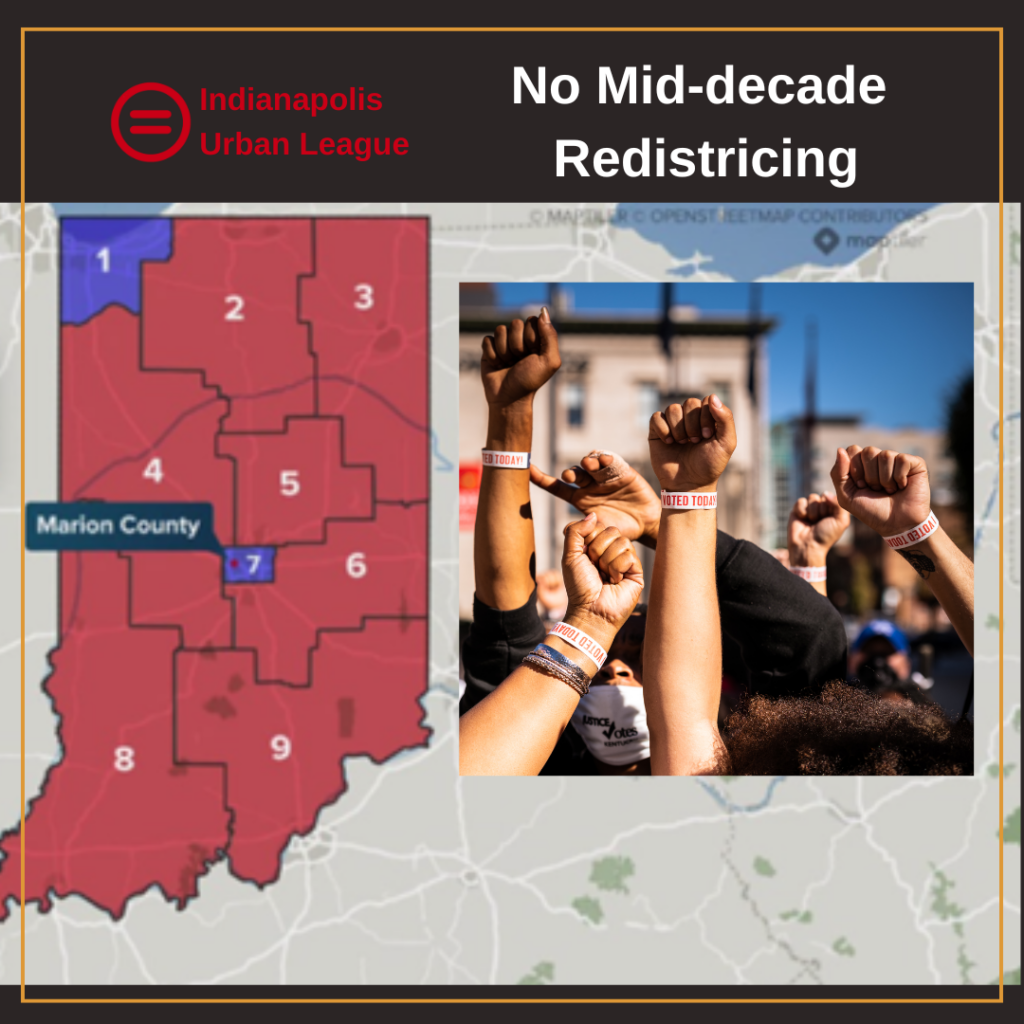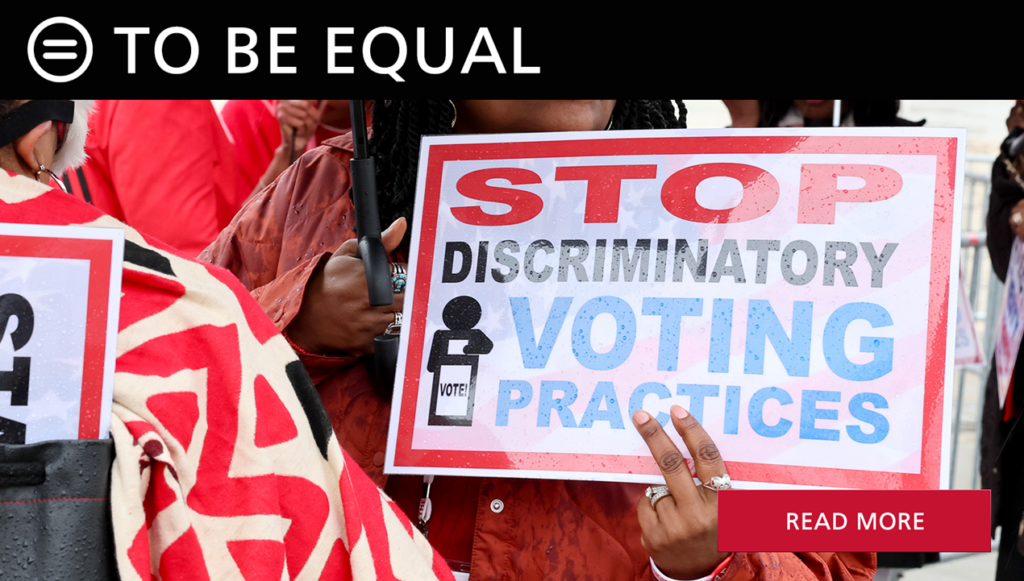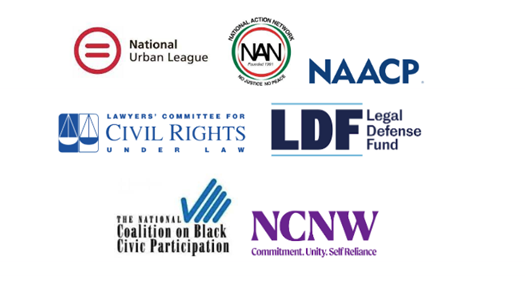Marc H. Morial
President and CEO
National Urban League
“All Americans are entitled to live with the confidence that the law enforcement officers and agencies in their communities will live up to our Nation’s founding ideals and will protect the rights of all persons. Particularly in African-American communities, we must redouble our efforts as a Nation to swiftly address instances of misconduct.” — Presidential Executive Order on Safe Policing for Safe Communities, June 16, 2020
None of us can forget the moment we saw the murder of George Floyd unfolding before our very eyes.
The sight of a white officer’s knee squeezing the life from a helpless Black man in handcuff as he begged for mercy shocked the nation – a nation that had already seen police kill at least 17 other unarmed Black people just five months into the year.
I know what I felt at the time, and I’m sure you know how you felt. But let me share the immediate reaction of someone else:
“It should never happen, should never be allowed to happen, a thing like that. I understand the hurt. I understand the pain. The family of George is entitled to justice, and the people of Minnesota are entitled to live in safety … Americans will honor the memory of George and the Floyd family … It’s a horrible, horrible situation.
Those were the words of President Donald Trump.
In the aftermath of George Floyd’s murder, President Trump issued an executive order to reform policing. It included a directive to create a publicly searchable database of substantiated misconduct and excessive force claims against federal police officers. It tightened use-of-force rules, banned chokeholds, and encouraged law enforcement to better address the needs of vulnerable populations.
Five years later, with Trump once again in the Oval Office, that commitment to accountability not only has dried up, but reversed itself with a vengeance. Last month he issued an executive order to “unleash” violent police, and his supporters are urging him to pardon George Floyd’s murderer.
At this critical moment, the nation must ask itself the essential question: Did we seize the moment to build a lasting movement, or did we squander the chance for transformative change?
The National League’s new report, George Floyd Five Years Later: Was It A Moment, Or A Movement? examines the ways in which government, institutions, advocates, and the business community mobilized in the five years since George Floyd’s death to advance policing reform and racial justice.
It also traces the rise of political and cultural backlash that has challenged, and in some cases reversed, that progress.
During the first year after the murder, corporations pledged more than $66 billion to racial justice. These commitments included increased funding for minority-owned businesses, supplier diversity programs, and DEI initiatives. S&P 100 companies grew their U.S. workforce by more than 323,000 in 2021 – and 94% of their new hires were people of color.
But in the backlash that followed, DEI job postings declined 44% from 2022 to 2023. Major companies like Google and Meta cut DEI programs supporting Black talent.
Anti-DEI rhetoric gained traction, and anti-equality activists like Edward Blum mounted successful challenges to racial equity programs.
Federal policies followed a similar trajectory. President Joe Biden issued an executive order immediately upon taking office, directing all agencies to create racial equity plans. The administration partnered with the National Urban League and other civil rights groups to not only to develop specific policies to address racial inequities, but to ensure fairness in initiatives like American Rescue Plan, the Bipartisan Infrastructure Law, the Inflation Reduction Act and the CHIPS and Science Act.
Under Assistant Attorney General for Civil Rights Kristen Clark, the Civil Rights Division of the Department of Justice convicted more than180 police officers for civil rights violations and investigated 12 police departments and launched prison abuse investigations. President Biden issued an executive order to track police misconduct, ban chokeholds, and strengthen de-escalation training.
The second Trump Administration eliminated all DEI initiatives across the federal government on Day One. It rescinded Biden-era executive orders, including those advancing voter registration and equitable Census outreach. It froze all open DOJ civil rights investigations.
It is of the utmost urgency that we rise to defend not only the progress made in the years immediately after George Floyd’s murder, but of the last 60 years.
The National Urban League met the moment in 2020 by establishing a new division, Equitable Justice and Strategic Initiatives, to advocate for a fair justice system and equal access to participation in democracy and civic processes.
We developed “21 Pillars for Redefining Public Safety and Restoring Community Trust” as a national framework for police reform.
We developed a new phase of civil rights and social justice advocacy and activism, “D3,” based on three guiding principles — Defend Democracy, Demand Diversity, and Defeat Poverty.
Immediately after Inauguration Day this year, the National Urban League convened the Demand Diversity Roundtable, an emergency strategy session to confront immediate threats posed by the new administration’s anticipated attacks on civil and human rights.
Represented by the Legal Defense Fund and Lambda Legal, we and our co-plaintiffs National Fair Housing Alliance and the AIDS Foundation of Chicago filed a lawsuit challenging the administration’s unconstitutional anti-equity executive orders.
We launched the Fair Budget Coalition to advocate for an inclusive federal budget.
History will judge us – not by how we responded in the days after George Floyd’s death, but by what we are building five, ten, and twenty years later. The fight for justice, safety, and dignity is far from over—and the stakes for our democracy could not be higher.










